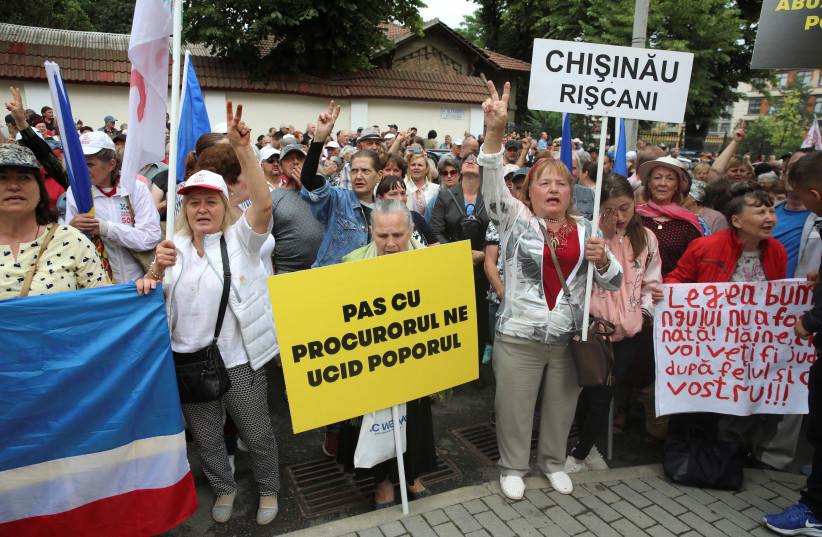The European Court of Human Rights decided on Monday to hear arguments in the case brought by the Shor Party against Moldova after it was banned from running in elections last year.
The court ruled Monday that, following a preliminary examination of the admissibility of the case, it has decided to further review the case and gave notice of the application to the Moldovan Government, inviting it to submit arguments by July 1.
The Moldovan government banned the Shor Party – led at the time by Israeli-Moldovan politician Ilan Shor – from participating in national elections. The application to the court was filed in August on behalf of the Shor Party, claiming that the ban on the party was a violation of key human rights.
In its ruling this week, the court added that the application could constitute a “case with impact,” meaning that it may raise important issues of relevance for Moldova as well as the European Convention on Human Rights as a whole.
Acceptance of the case by the court is something of a success. The vast majority of applications to the ECHR are dismissed without being examined. In 2020, for instance, 95% of cases were declared inadmissible or struck out and only 2,000 reached the level of a court review.

Party says decision is an important milestone
“The applicants are pleased that the Court has accepted this case and invited the Government of Moldova to respond to our submissions, which identify several grounds to demonstrate that the ban on the Shor Party violated the applicants’ Convention rights. We are confident that the Court will review this case objectively and on its merits,” said Shaul Brazil, Partner at BCL Solicitors LLP, who filed the application for the party.
Marina Tauber, former vice-chair of the Shor Party, said the court decision was an important milestone in the pursuit of justice. “Open and fair elections are a key pillar in any democracy, and the Moldovan government’s ban on the party last year undermined those rights. We welcome the Court’s decision to approve the application and to hear the case,” she said.
